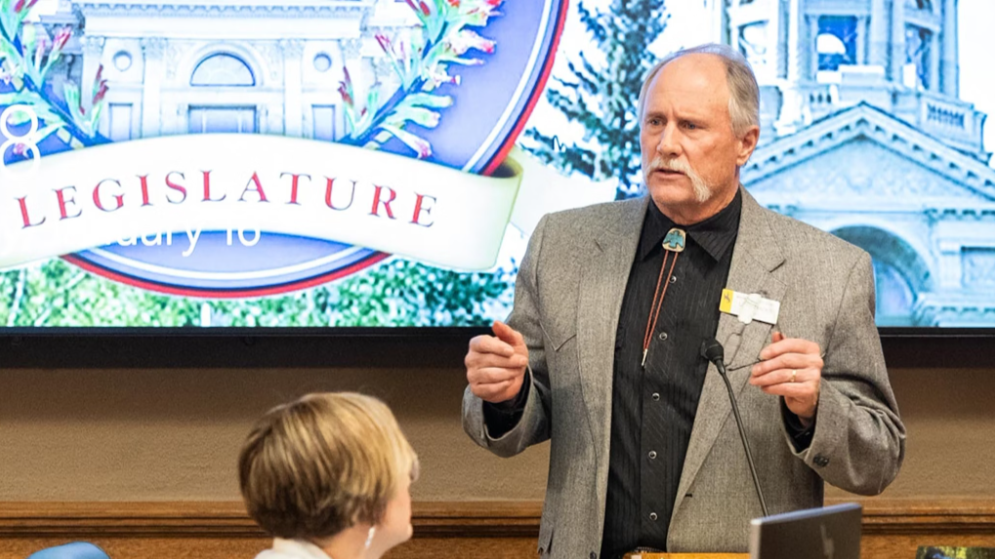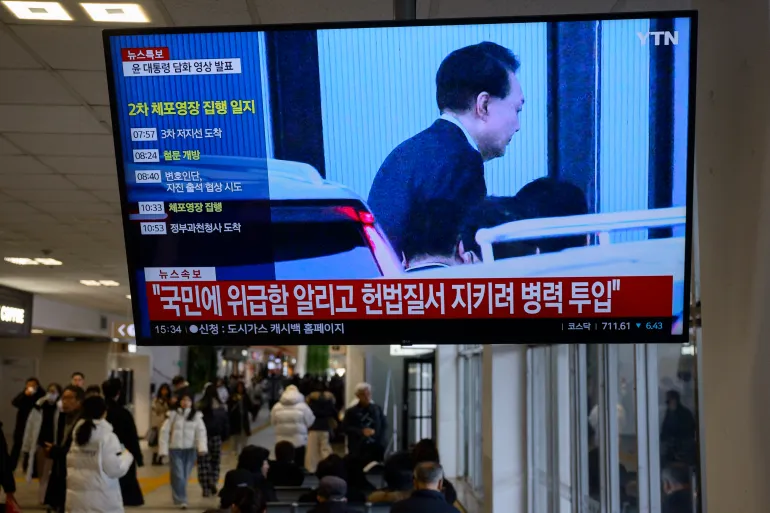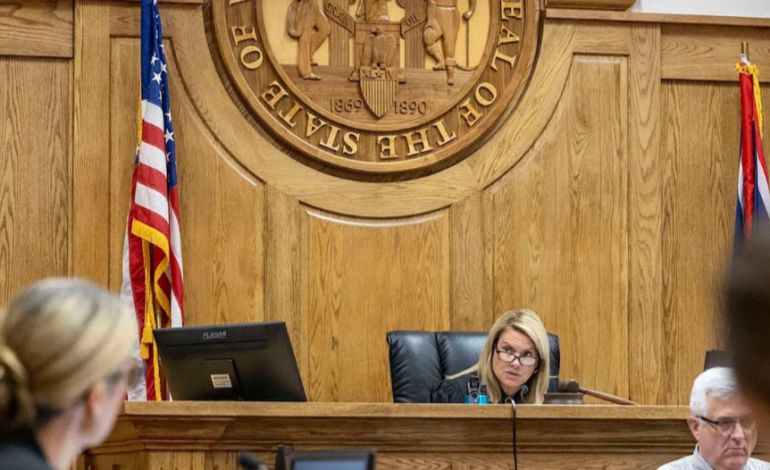A ruling by Teton County District Court Judge Melissa Owens has blocked two abortion bans in Wyoming, citing their unconstitutionality under the state’s 2012 Health Care Amendment.
The decision maintains legal access to abortion in Wyoming, marking a significant judicial moment in the ongoing debate over reproductive rights.
Judge Owens ruled that the near-total abortion ban and a law prohibiting medication abortions violated Wyoming’s constitutional provision guaranteeing individuals the right to make their own health care decisions. Enacted in response to the Affordable Care Act, this amendment protects the autonomy of competent adults in health care matters. Owens declared abortion a form of health care under this amendment.
“Health care includes professional services for medicated and surgical abortions whether the pregnant woman is physically well or unwell,” she wrote.
The laws, passed in 2023 after the US Supreme Court overturned Roe v. Wade, had faced legal challenges from abortion providers, advocates, and individuals. Owens temporarily blocked the bans shortly after they were enacted. With Monday’s ruling, she permanently barred their enforcement, concluding that they failed to meet constitutional standards.
Owens applied the principle of “strict scrutiny,” which requires laws affecting fundamental rights to demonstrate a compelling government interest and narrow tailoring. She found the state’s arguments insufficient, stating the bans “fail to accomplish any of the asserted interests” and citing evidence that abortion remains safer than childbirth. Furthermore, the judge criticized the lack of exceptions for fetal abnormalities and the potential restrictions on doctors’ ability to provide ethical, evidence-based care.
The judge also addressed the distinction made by the state between a pregnant woman’s decision and its implications for a fetus, rejecting the argument that the Health Care Amendment does not apply to abortion.
“The amendment does not prohibit a person from making their own health care decision if their decision impacts any other person,” Owens wrote.
This ruling makes Wyoming one of several states where abortion bans have been blocked by courts following the end of federal protections under Roe v. Wade. The decision underscores the unique role of state constitutions in shaping the abortion landscape, especially in states where voters or lawmakers have established health care autonomy provisions.
The ruling has drawn mixed reactions. Abortion rights advocates celebrated the decision as a victory for reproductive autonomy and access to care. Julie Burkhart, president of Wellspring Health Access, which operates an abortion clinic in Wyoming, called it “a wonderful day for the citizens of Wyoming.”
Opponents, including members of the Wyoming Freedom Caucus, criticized the ruling as judicial overreach. Some lawmakers, including Governor Mark Gordon, have suggested pursuing a constitutional amendment to specifically exclude abortion from the definition of health care.
The state is expected to appeal the ruling to the Wyoming Supreme Court, while lawmakers may seek new legislative approaches or constitutional amendments to restrict abortion.
Wyoming’s legal battle over abortion reflects broader national tensions following the Supreme Court’s 2022 decision to overturn Roe v. Wade. Across the US, courts have blocked or struck down several abortion bans, while voters in multiple states have rejected measures restricting access.
Wyo File, Cowboy State Daily, CNN, and the New York Times contributed to this report.









